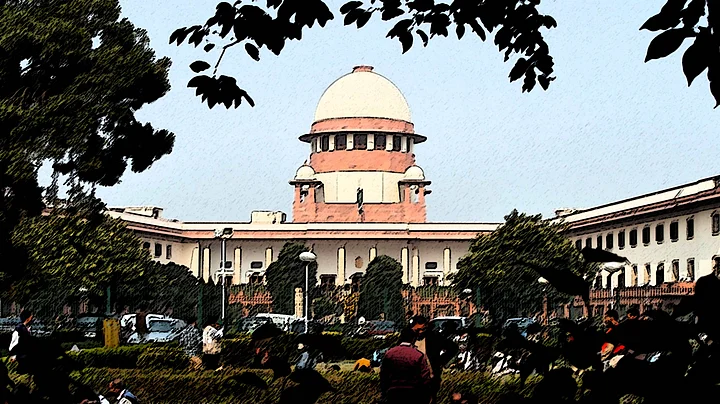On Thursday, the Supreme Court stayed its order dated 13 February directing 21 states to evict 11.8 lakh illegal forest dwellers whose claims over the land have been rejected by the authorities.
A bench comprising Justices Arun Mishra, Naveen Sinha and MR Shah also directed the state governments to file affidavits giving details about process adopted in rejecting the claims.
The apex court posted the matter for further hearing on 10 July.
The top court had, on Wednesday, agreed to hear the Centre's plea seeking withholding of its 13 February order asking 21 states to evict nearly 11.8 lakh forest dwellers whose claims were rejected. The Centre and the state of Gujarat had moved the court requesting the stay, and other state governments were expected to do the same after instructions from both the Congress and BJP party presidents.
According to Bar & Bench, Solicitor General Tushar Mehta was asked by Justice Arun Mishra why the Centre had been “caught in a slumber” and failed to approach the court since 2016. Business Standard’s Nitin Sethi had noted in his article which broke the news about the SC order that the Centre had failed to appear in court and when it had, had failed to make any submissions.
Mehta acknowledged that there was no explanation for the same, but pointed out that the decision taken by the court went beyond the scope of the Forest Rights Act 2006, which only covers assessment of claims by forest dwellers, and does not include any process for eviction. He said the 13 February order of the court would cause serious prejudice to the lives of the forest dwellers.
After briefly hearing the matter, the bench said, "We stay and hold our 13 February order." The bench also directed that the affidavit has to be filed by the chief secretaries of the states giving details of various steps covered for carrying out the eviction of the forest dwellers.
The Centre had rushed to the top court for modification of the order saying the Scheduled Tribes and Other Traditional Forest Dwellers (Recognition of Forest Rights) Act, 2006 was a "beneficial" legislation and should be construed liberally to help "extremely poor and illiterate people" who are not well-informed of their rights and procedure under the law.
(With inputs from PTI and Bar & Bench.)
(At The Quint, we question everything. Play an active role in shaping our journalism by becoming a member today.)
